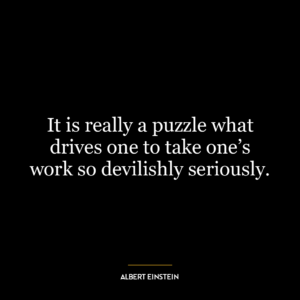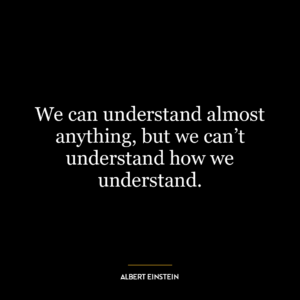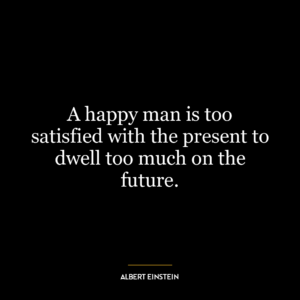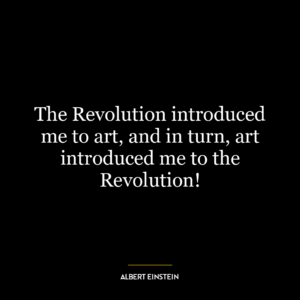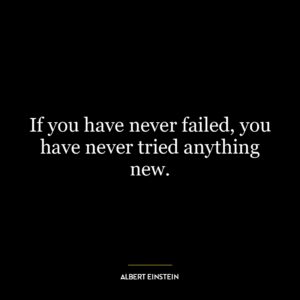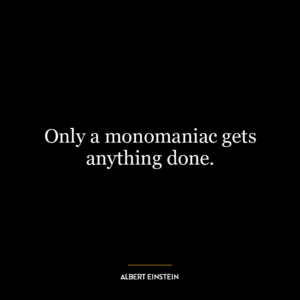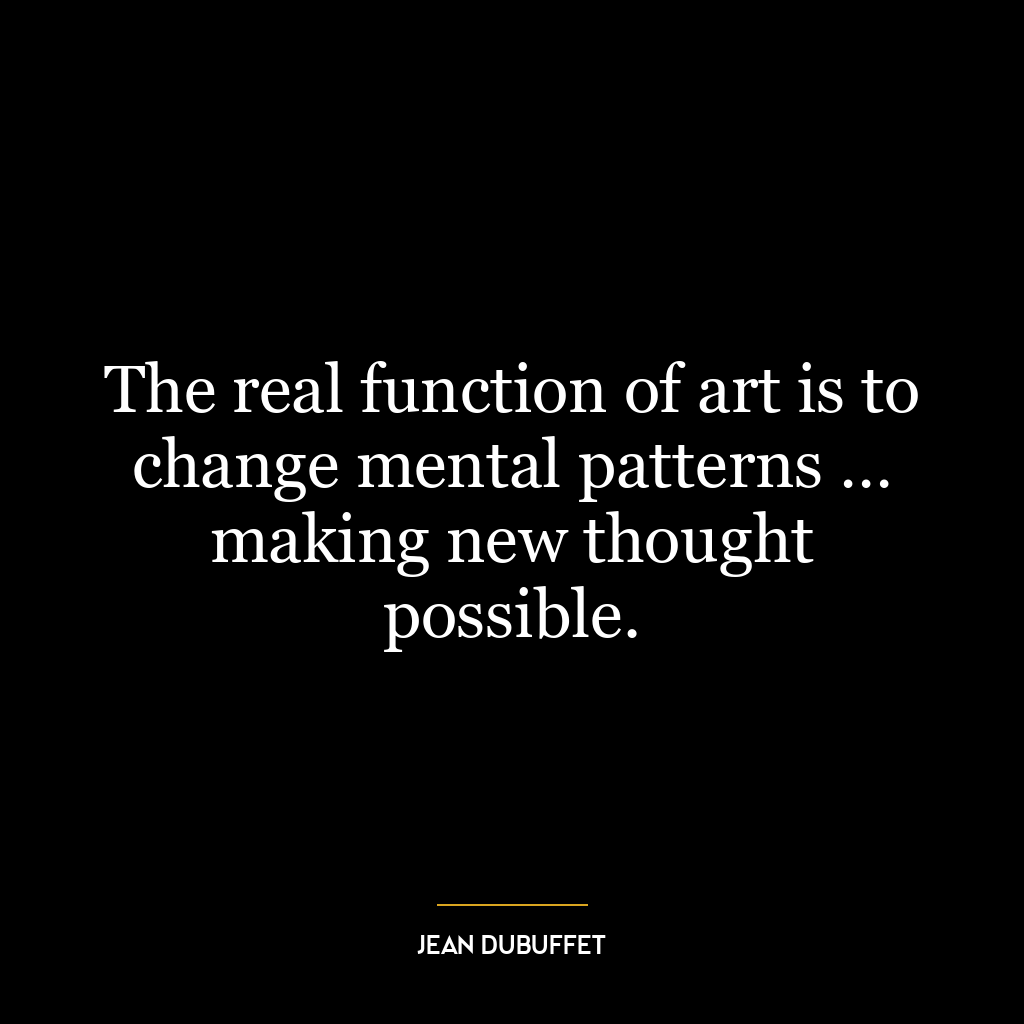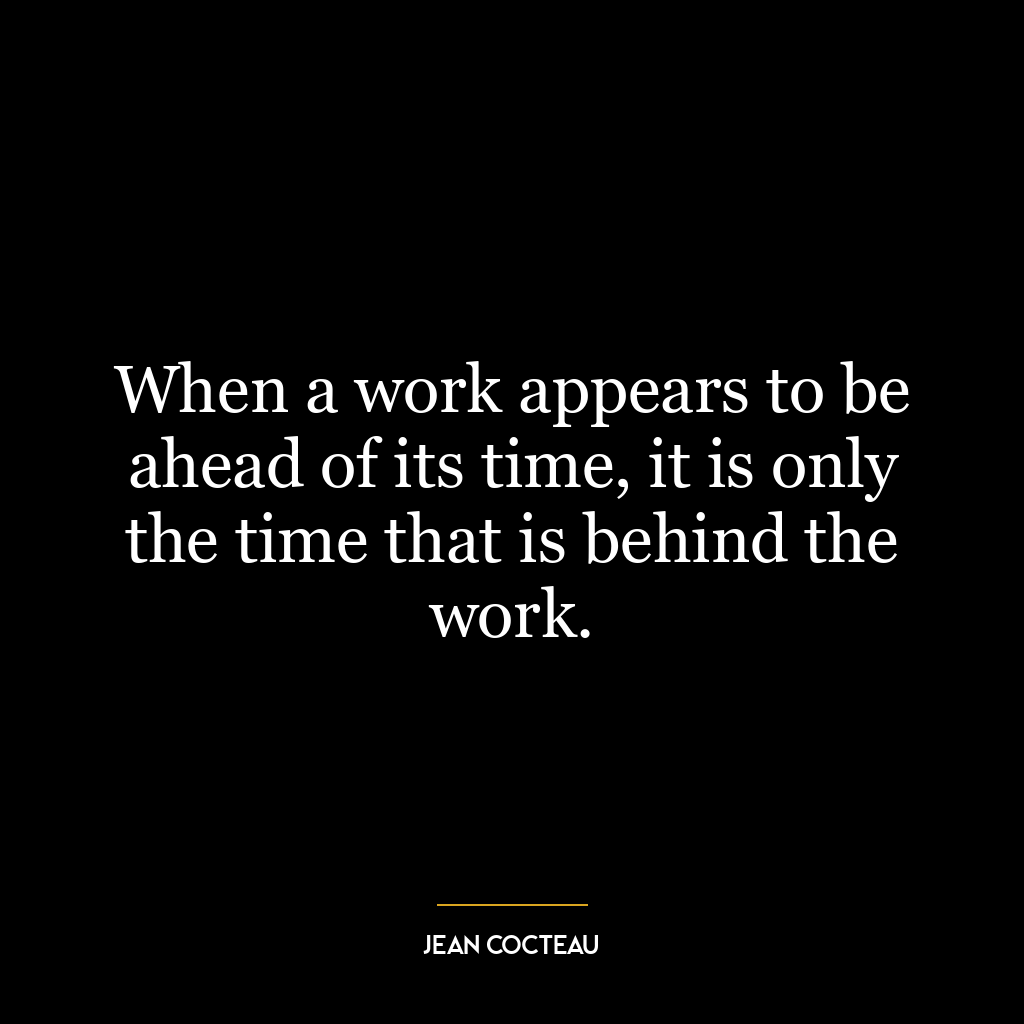We cannot solve our problems with the same thinking we used when we created them.
This quote is a powerful statement about the nature of problem-solving and progress. It suggests that in order to overcome obstacles or resolve issues, a fresh perspective or a different approach is often required. The thinking, attitudes, or methods that led to the creation of a problem are unlikely to be effective in solving it, because they are part of the problem’s origin. The essence of the quote lies in its call for innovation, creativity, and change in thinking patterns.
Looking at this quote from a broader perspective, it also implies that progress—whether personal, societal, or technological—requires evolution in thought and action. Stagnation in thinking can lead to repetitive cycles where the same problems persist. However, when we change our thinking, we can break these cycles and find new solutions.
Applying this idea in today’s world, we can see numerous examples where a shift in thinking has led to significant progress. For instance, in the face of climate change, traditional methods of energy production have contributed to the problem. However, by changing our thinking and focusing on renewable energy sources, we are finding new solutions to this global issue.
In the context of personal development, this quote suggests that in order to grow and overcome personal challenges, we must be willing to change our mindset. If someone is stuck in a cycle of negative thinking, for example, they cannot overcome this by using the same negative thought patterns. They need to shift their thinking towards positivity and self-compassion to break the cycle and make progress.
In conclusion, this quote is a reminder that growth, progress, and problem-solving require a willingness to change our thinking. It encourages us to be open to new perspectives and methods, and to be innovative and creative in our approach to challenges.




